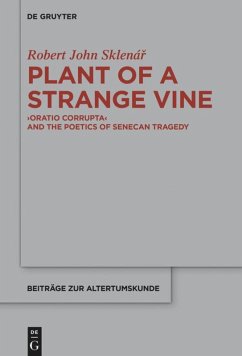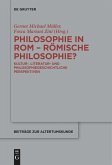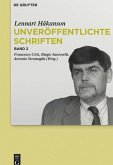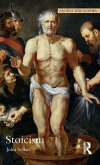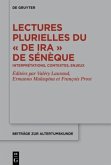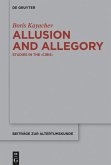This book studies Seneca's poetic drama from a novel point of view. Whereas most criticism of Seneca's dramas has tended to focus on their relationship to Stoicism, I approach them from the perspective of Seneca's own theory of literary decadence, which he sets forth in the 114th of his letters to Lucilius. His theory can be summed up as follows: the various forms of stylistic corruption are the result of a straining for effect, which itself reflects a taste for the extreme. A writer or speaker's stylistic vices thus mirror the vices of his character; they also reflect the vices of the time and place in which he lives, since every user of language is conditioned by his environment. What is especially striking about Seneca's discussion is that a number of the vices he lists - hyperbole, disruption of natural word order, excessive metaphor - are notable features of the poetic style of his own dramas. I argue for a rehabilitation of the 'decadent' style of Seneca's tragedies: in Seneca's hands, this style is a precise diagnostic tool for revealing the self-destructive irrationality that governs not only the individual, but also his society and the entire universe.
Bitte wählen Sie Ihr Anliegen aus.
Rechnungen
Retourenschein anfordern
Bestellstatus
Storno

